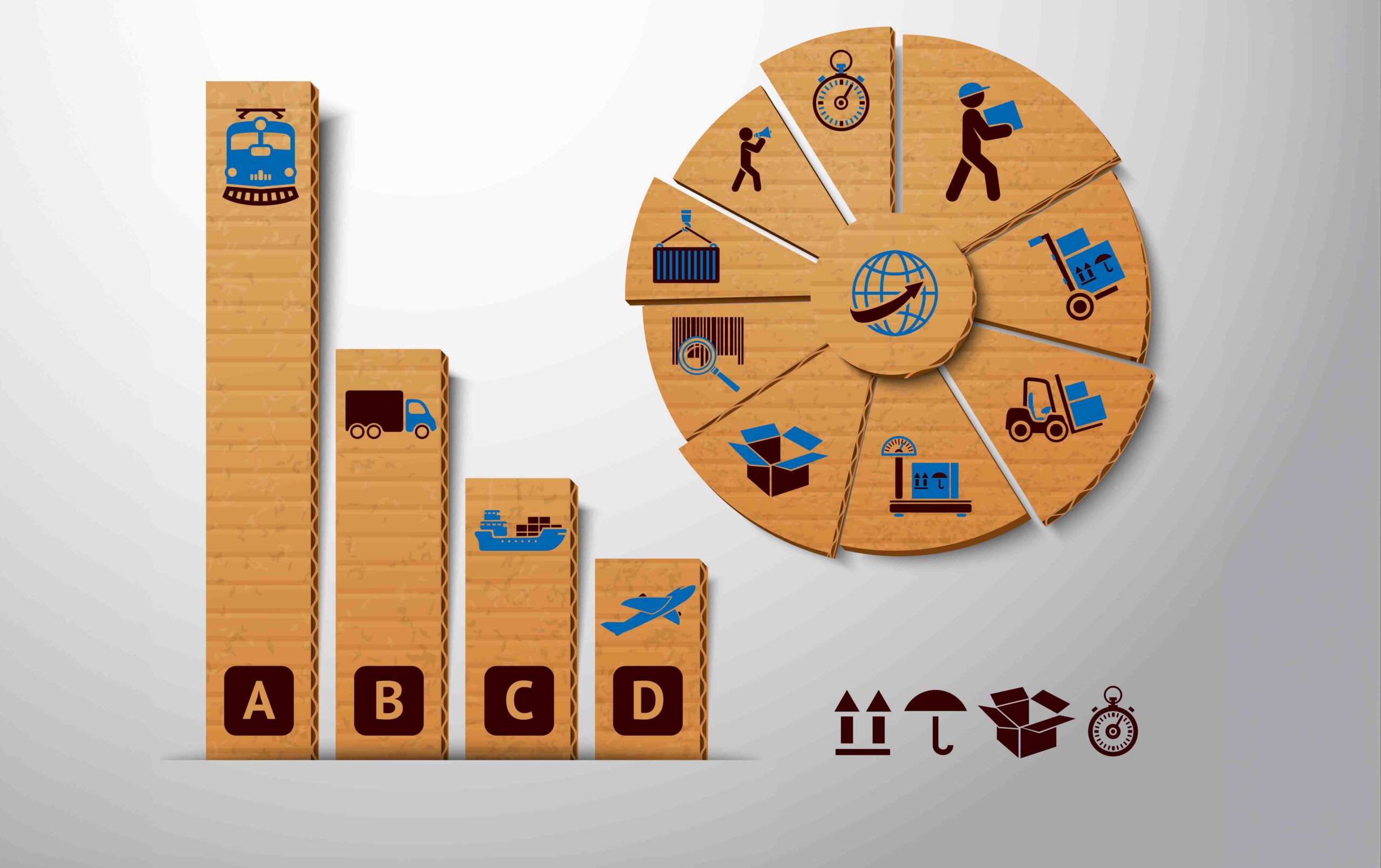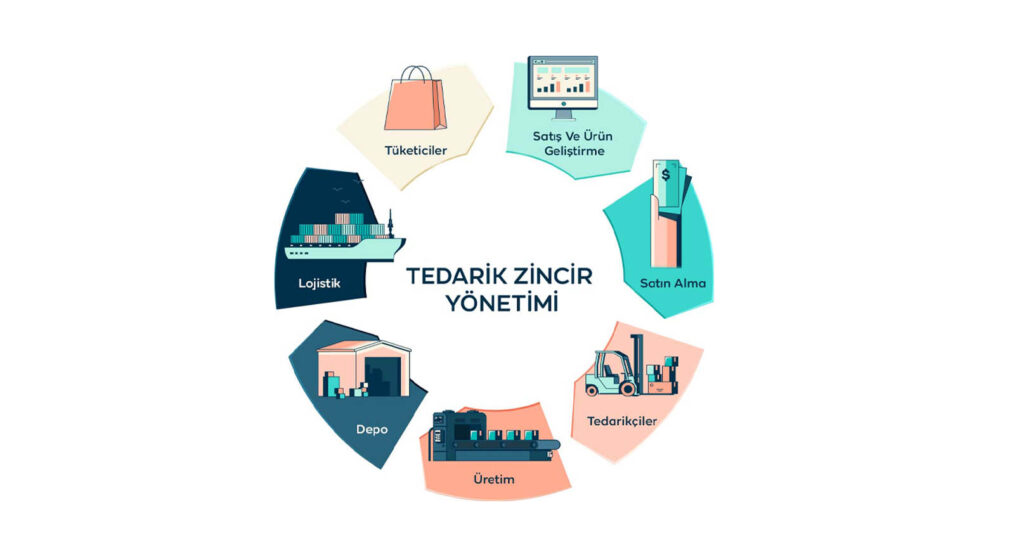
What is Supply Chain?
The supply chain is the process of delivering a product to a customer by a business. The supply chain covers the stages from suppliers to production, storage, and distribution. A supply chain is a business strategy designed to increase efficiency by integrating and optimizing all processes.

Supply Chain Stages
Demand Planning
Demand planning is a process used by a business to accurately forecast future demands. It is based on information such as sales data, consumer trends, and market research. Demand planning can help the business optimize inventory levels and avoid unnecessary inventory costs.
Procurement
The procurement stage involves purchasing the materials involved in the supply chain of the business. This stage includes activities from supplier selection, price negotiations, to contract signing. A good procurement strategy is essential to obtain quality materials at the most favorable prices.
Production
The production stage is where the business creates products using raw materials. This stage requires planning production processes, managing labor, and optimizing production efficiency. Good production planning is important to ensure the required quantity of products to meet customer demands.
Storage
Storage is the stage where the produced products are temporarily stored. During this stage, factors such as inventory management and warehouse organization should be carefully considered. Good storage management ensures the safety and accessibility of products while optimizing stock levels.
Distribution
The distribution stage involves delivering products to consumers. Activities such as logistics planning, transportation management, and customer deliveries are important at this stage. A good distribution strategy ensures products reach customers on time and accurately.
Benefits of Supply Chain Management
Inventory Optimization
Supply chain management helps businesses optimize their inventory levels. As a result, unnecessary inventory costs can be avoided, and the company's capital can be used more effectively.
Increasing Sales
Supply chain management ensures that the business delivers the right products to customers on time. This can increase customer satisfaction and boost sales.
Cost Reduction
Supply chain management allows the business to collaborate better with suppliers. This can increase bargaining power to obtain better prices and agreements, thereby reducing costs.
Quality Control
Supply chain management ensures that processes and activities within the supply chain are carried out according to quality standards. This can increase customer satisfaction and strengthen the company's reputation.
The Importance of Supply Chain in Logistics
The supply chain can help a business increase its competitive power. Good supply chain management optimizes the processes and activities needed to deliver timely and quality products to customers. This can enhance customer satisfaction, reduce costs, and provide a competitive advantage.
Supply Chain Strategies
Partial Integration
The partial integration strategy involves controlling several stages of the supply chain. For example, a business may control production and storage stages while outsourcing procurement and distribution to suppliers.
Vertical Integration
The vertical integration strategy involves controlling all stages of the supply chain. The business can manage all activities from start to finish and have greater control over the supply chain.
Extended Integration
The extended integration strategy involves collaborating with suppliers on certain stages of the supply chain. This strategy can increase cooperation and reduce costs.
Global Supply Chain Management
Advantages of Global Supply Chain
Global supply chain management enables a business to work with international suppliers and access global markets. This can help the business reach a broader customer base and increase its competitive power.
Challenges of Global Supply Chain
Managing a global supply chain can involve challenges related to different countries and cultures. Factors such as language, currency, customs regulations, and logistics may need to be managed.

Logistics in Supply Chain Management
Logistics plays an important role in supply chain management. It involves activities such as transportation, storage, and inventory management of materials and products. Good logistics planning can help the business effectively manage its supply chain.
Logistics Planning
Logistics planning helps the business organize its material and product transportation processes. This includes determining optimal transportation routes and assigning appropriate logistics resources.
Storage and Inventory Management
Storage and inventory management are stages where the business stores products and controls inventory. Good management ensures products are stored safely and systematically, and inventory is optimized.
Transportation Management
Transportation management involves organizing activities related to the movement of materials and products. This includes planning shipping routes, managing transportation vehicles, and optimizing logistics networks.
Logistics Network Design
Logistics network design involves planning the logistics network needed for the business to perform logistics activities optimally. This includes positioning storage centers, determining transportation routes, and efficiently utilizing logistics resources.
Tracking and Monitoring
Tracking and monitoring enable the business to follow its logistics activities in real-time. This allows for tracking the transportation process and ensuring timely delivery to customers.
Important Considerations in Supply Chain Management
Supplier Selection
Supplier selection is a critical decision for supply chain management. Choosing a good supplier is necessary to obtain quality materials at appropriate prices.
Risk Management
Risk management is important to ensure the continuity of the supply chain. A good risk management strategy involves identifying potential risks, analyzing them, and taking appropriate measures.


